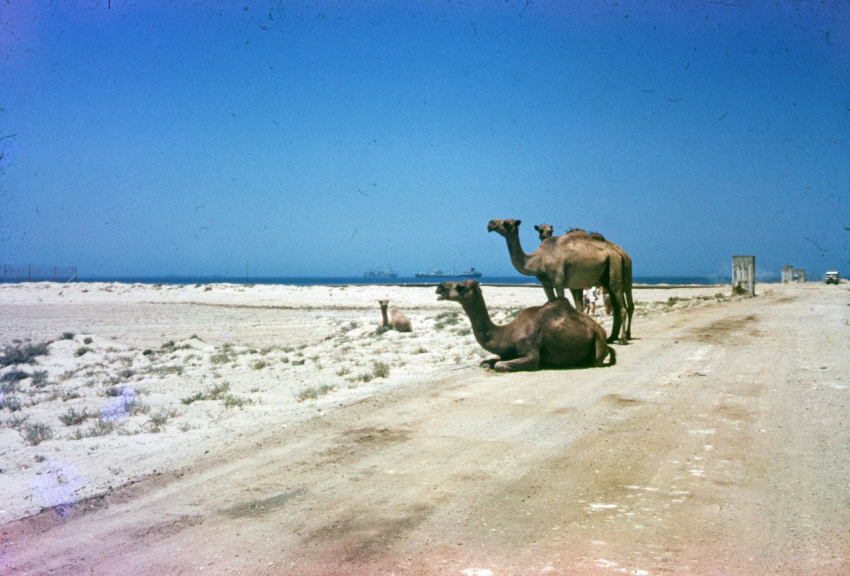RIYADH – The government of Saudi Arabia is introducing tickets to visit historical sites in the holy kingdom, apparently meaning that there might be no more free visits.
The authorities are mulling to develop over 100 historic sites in the holy cities of Mecca and Medina where millions of millions arrive each year for religious purposes; the names of the sites have not been disclosed as of now.
Saudi Minister of Hajj and Umrah Tawfiq Al Rabiah disclosed the plans at a ceremony in Mecca on Monday and explained that in collaboration with several partners, the ministry will develop the historic sites in both cities visited by Muslim pilgrims.
“The programme of the Guests of Allah seeks to develop experiences of pilgrims to make it rich and unforgettable in Holy Mecca and Al Medina Al Munawara,” he elaborated at the ceremony where a platform was also launched for booking tickets to visit these sites.
“Holy Mecca and Al Medina Munawara have a great history, and Muslims yearn to learn about it,” he added.
Muslims go to Saudi Arabia for pilgrimage known as Hajj and Umrah each year. Umrah is a religious pilgrimage undertaken by Muslims to the holy city of Makkah in Saudi Arabia. Unlike Hajj, which is obligatory, Umrah is a voluntary act of worship. It involves a series of rituals performed in and around the Grand Mosque, including the Tawaf (circumambulation) around the Kaaba, Sa’i (running) between the hills of Safa and Marwah, and the cutting or shaving of hair.
Umrah can be performed at any time of the year, unlike Hajj, which has specific dates. It is a deeply spiritual journey for Muslims, symbolizing devotion, humility, and seeking blessings from the Almighty.
Mecca is home to the Kaaba, Islam’s most sacred structure, believed to have been built by Prophet Ibrahim and his son Isma’il. Pilgrims circle the Kaaba, demonstrating unity and submission to God.
On the other hand, Medina, where the Prophet Muhammad (PBUH) is buried, holds immense historical and spiritual significance. Muslims visit the Prophet’s Mosque to pay respects and seek blessings.
These journeys fulfill religious obligations, fostering spiritual growth, cleansing sins, and strengthening the global Muslim community’s bond with their faith, history, and fellow believers.
The government of Saudi Arabia recently completed the Hajj operation successfully and received appreciation from across the world for having managed the whole process diligently. This was the first time after the pandemic that the kingdom received over 2 million pilgrims for Hajj and no untoward incident was reported.














